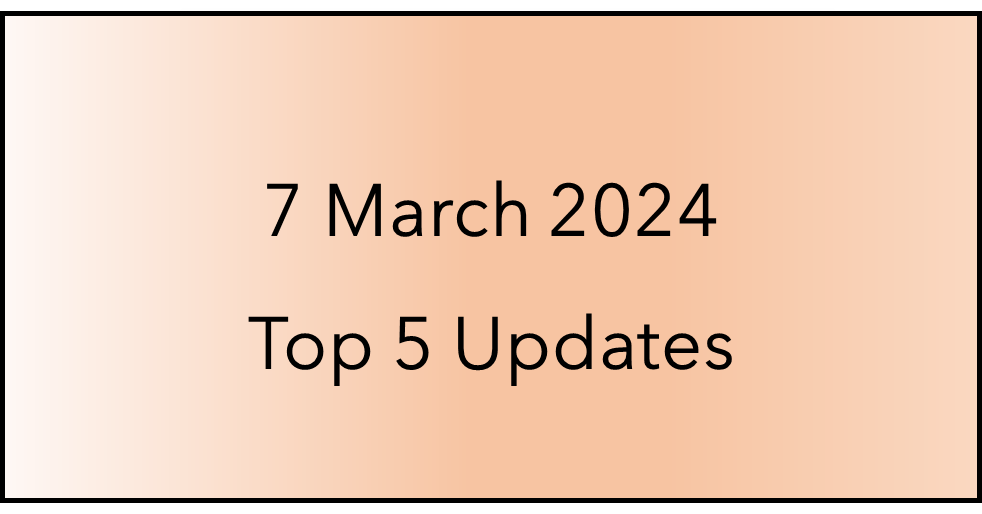Dear Reader, We are happy to share the most interesting legal and policy updates concerning health industry that we read today. We hope you enjoy reading it.
Panel of auditors to audit the promotional expenses of pharma and medical device companies will be appointed soon: Government
The Secretary, Department of Pharmaceuticals, has reportedly said that the government will appoint a panel of auditors who can undertake risk-based audits from time to time, to evaluate whether the promotional expenses, especially towards conferences and workshops, have been incurred in an ethical manner as per the Uniform Code for Pharmaceutical Marketing Practices 2024. Any discrepancy will be reported to the appropriate government agency or authority.
Source: bit.ly/49SNs5f
Industry welcomes the new Uniform Code for Pharmaceutical Marketing Practices
The pharmaceutical industry has reportedly welcomed the new Uniform Code for Pharmaceutical Marketing Practices (UCPMP). According to news reports, the industry feels that the new code is a step ahead towards the advancement of the industry as it ensures ethical and healthy engagement between the pharmaceutical industry and medical professionals.
Source: bit.ly/4a6SZWd
Nutraceutical and food supplement regulations are to be tightened further
The Food Safety and Standards Authority of India (FSSAI) is in the process of tightening the regulations for nutraceuticals and health supplements. This move was prompted by the receipt of several complaints by the FSSAI about the presence of non-compliant health supplements on the market and the fact that the over-the-counter availability of nutraceuticals and health supplements is resulting in people consuming supplements along with drugs, which increases the risk of adverse effects.
Source: bit.ly/3wXMsOU
A major e-commerce entity was fined Rs 25 lakh due to its inaction to remove counterfeit products from the marketplace
A State Consumer Commission in India has imposed a fine of Rs. 25 lakhs on a major e-commerce entity on the grounds that the e-commerce entity failed to correct the listing of a product, which it was aware was a counterfeit product. By failing to remove the listing, the Commission held that the e-commerce entity had engaged in dark patterns and unjust enrichment.
Source: bit.ly/3IBUsaH
EU to extend regulatory data protection for innovator drugs to 7.5 years
The European Union is set to extend regulatory data protection for innovator drugs to 7.5 years, with one extra year of incentives if the drug meets an unmet medical need and clinical trials are conducted in the EU. There is a proposal to grant an additional 3 years of protection from generics, taking the total protection to a maximum of 11.5 years.
Source: bit.ly/3IxEIWl










